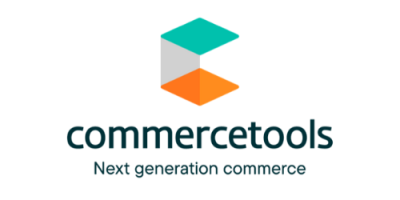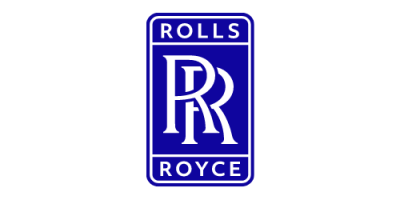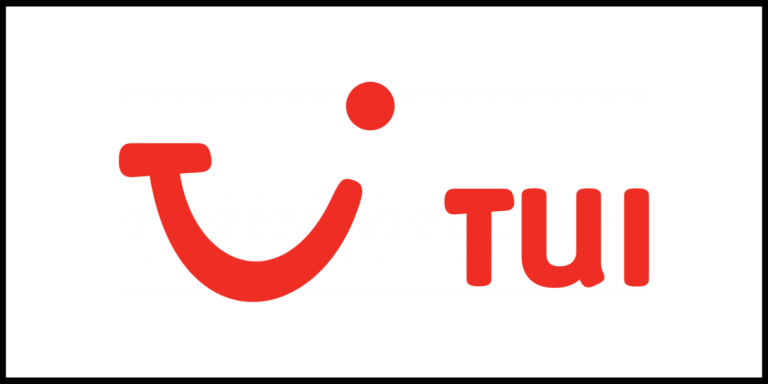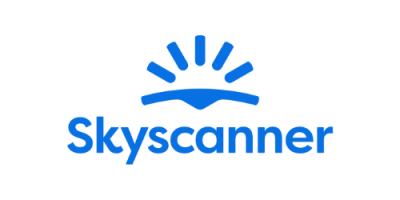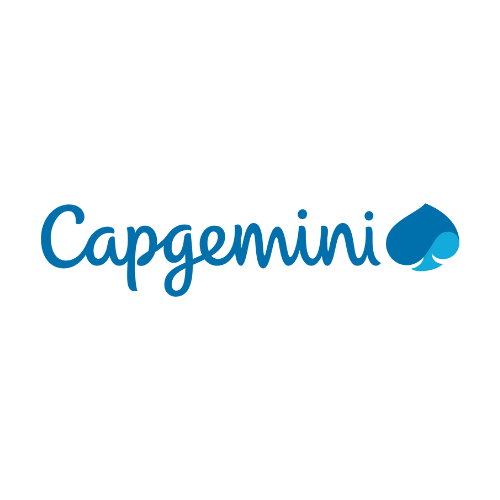WHAT IS C#? AND HOW TO GET INTO GAME DEVELOPMENT
Home » What Is C#? And How To Get Into Game Development

What is C#?
You might have heard about C# floating around the tech world, but what’s it all about? Well, you’re in luck because this blog is diving deep into everything C#! From breaking down the basics and exploring career paths to uncovering C#’s role in the video game industry, we’ve got you covered. Get ready to see why C# might just be your next favourite language!
What are C#'s unique properties?
C# is a programming language developed by Microsoft that has close connections to other popular languages, including C++, Java, and JavaScript. These are all object-oriented programming (OOP) languages, which means they’re built to work with “objects” that developers can manipulate through code. However, what makes C# stand out is its simplicity, modern design, and focus on type safety, which helps prevent errors.
In essence, C# is a “multi-use, general-purpose” language, ideal for building large, complex software that often requires regular updates. It’s widely used for applications like modern video games and mobile apps. C# was created in the early 2000s to meet the demand for more advanced web applications, a demand that C++ at the time struggled to handle
Why is C# so Popular Today?
C# remains widely popular among developers because it’s free and open-source through the .NET platform, making it accessible to everyone—from beginners looking to practice to seasoned experts exploring new projects without licensing restrictions.
Another major strength of C# is its support for reusable components, enabling developers to reuse code in different parts of an application or across projects. This allows for faster software development and testing, which can lead to higher-quality applications and improved user experiences. Combined with C#’s extensive libraries and tools, this makes it a practical choice for projects ranging from enterprise software to mobile apps and games.
Careers & Industries that use C#
Think a career in C# could be for you? Let’s break down C# job roles and examples of how C# has is used in numerous industries.
Types of jobs that involve C#
- C# Engineer or Developer
- Junior/Senior/Lead Software Engineers specialising in C#
- Back-end Developer
- Full-stack Developer
- WPF Developer
- Embedded Systems Developer
- Game Developer
- Application Developer
- Web Developer
- Cloud Engineer (Microsoft Azure)
- QA Automation Engineer
- Desktop Application Developer
Examples of how C# is used in different industries:
Application Development Industries: C# is a popular choice for creating desktop applications used across entertainment, business, and productivity sectors. It integrates seamlessly with the .NET framework, which offers a comprehensive infrastructure for building secure, scalable web applications. Additionally, thanks to its similarities with Java, C# is well-suited for developing cross-platform mobile applications, making it ideal for Android and iOS via frameworks like Xamarin.
Media and Financial Services: In fast-paced industries like journalism and finance, companies like Bloomberg use C# to develop high-performance software that delivers real-time financial news and data. C#’s compatibility with the .NET ecosystem supports Bloomberg’s need for reliable, fast applications that handle large data volumes efficiently, crucial in a real-time, data-intensive environment.
START A CAREER IN Game Development with C#
C#, we choose you! Did you know the popular mobile app Pokemon Go is built with C#, utilising the Unity game engine due to its efficiency and scalability?
The Advantages of Using C# in Game Development
Due to its similarities with C++ and Java, many game developers prefer C# for its simplified syntax, robust class library, and efficient memory management. C#’s ability to integrate with Unity, the most widely used game engine globally, makes it the primary scripting language chosen by most developers. Allowing them to create video games from indie projects to AAA titles like Call of Duty or Fortnite, for a variety of platforms including:
- 💻 PCs
- 🥽 VR
- 🎮 Game consoles (i.e. Playstation or X-Box)
- 📱Mobile devices (i.e. Apple and Android compatible)
C#’s object-oriented nature makes it a go-to choice for game developers since it’s great at handling complex, interactive elements and encourages code that’s modular and reusable, which really helps when working on large-scale projects. Plus, C# comes with a built-in garbage collector to handle memory and cleanup automatically, so developers can focus more on the game itself without worrying as much about memory issues.
Another big plus is C#’s active community. There are tons of resources, tutorials, and libraries available, making it easy for both beginners and experienced coders to find help, learn new tricks, and collaborate. This level of support is a huge advantage, especially in the fast-paced world of game development!
However, to get fully immersed in game development, C# isn’t the only language to get to know. Learning the following languages can strengthen your overall knowledge and skills to be able to produce high-quality games and become a well-rounded developer. This includes:
- JavaScript: Essential for web-based games, JavaScript enables interactive gameplay elements and is widely used for browser-based game development.
- Python: Known for its simplicity, Python is great for beginners to learn game development basics, especially in prototyping and simple 2D games.
- Java: Popular for mobile games, especially on Android, Java’s versatility and platform independence make it a solid choice for cross-platform game development.
- HTML5: Used in web game development, HTML5 allows games to run smoothly across various browsers and devices without plugins.
- C++: A powerhouse in high-performance games, C++ offers low-level memory management and is widely used in engines like Unreal for AAA game development.
Did you know we currently offer most of these languages as free courses in the form of our self-paced Tech Tasters and Kickstarter Classes Start learning and begin your journey into game development by clicking the button below!
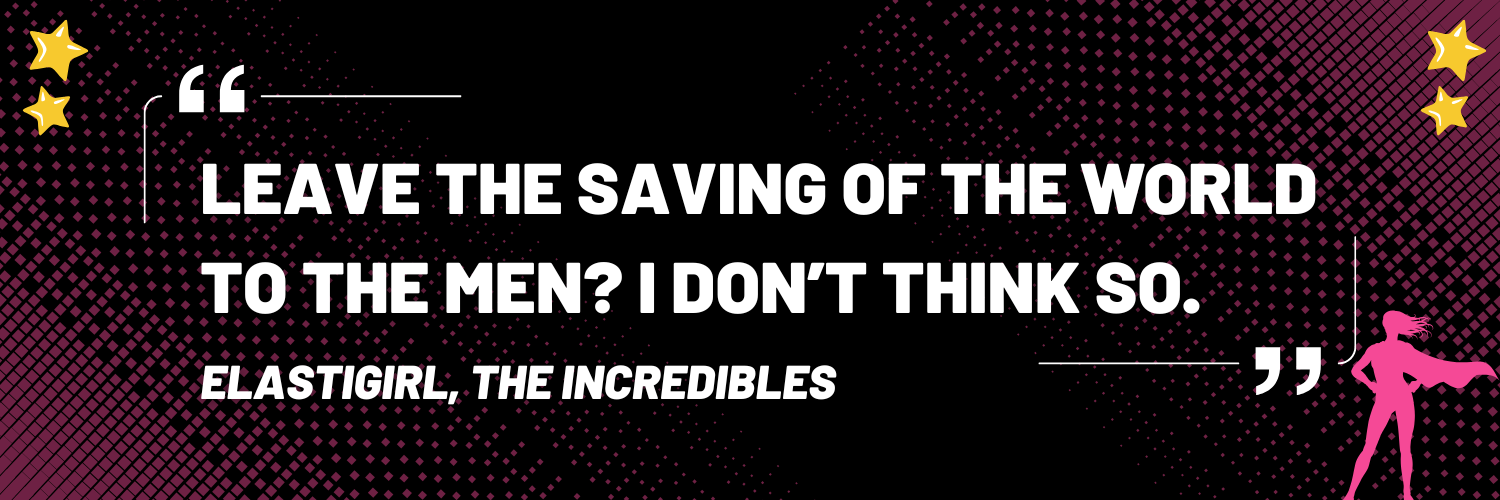
Expanding Opportunities for Women in Game Development
Our mission at Code First Girls is to get more women into tech by providing them with free online learning, across a range of different programming languages – including C#. Over the past few years, we have taught over 200k women to code and many have gone into a variety of industries, now we’re opening doors to the video game industry! But first, let’s unpack a larger conversation around why fewer women are working in the video game industry and why it is so impactful to get more women working in the development and ideation side of video game development.

Why We Need More Women in the Video Game Industry
As of 2024, only 23% of women worldwide work in game development. One major reason is the low number of women in leadership roles within the industry. According to Women In Games, at least 87% of game developers were men with at least 21+ years of experience, meaning key decision-makers shaping business and development choices were majority men.
Even though almost 50% of gamers worldwide are women, there are still many fewer women working in development and executive decision-making roles. As a result, games tend to have limited female representation, and when women do appear, they’re often portrayed in over-sexualised ways, which reinforces misogyny and biases within gaming spaces

With fewer women in leadership, there are fewer advocates to create opportunities for other women to showcase their skills and fight for more diverse characterisations in these games. Additionally, since men remain the main target demographic for many games, development often leans toward male-centred themes and content. According to Women In Stem stereotypes persist, such as the belief that men are “naturally better at math,” influencing both hiring and game content decisions. But times are changing! More women are engaging openly with video games and joining gaming communities.
This is more than enough reason to welcome more women into the gaming industry and follow in the footsteps of programmers such as Corrine Yu. Corrinne Yu worked on major titles like Uncharted, The Last of Us, Borderlands, and Halo 4. Another inspiring figure is Jade Raymond, a programmer known for her work on Assassin’s Creed and The Sims Online. Today, she’s the Founder and CEO of Haven Studios, a PlayStation development studio based in Montreal.
Start Your Game Developer Journey with Code First Girls
The gaming industry is projected to grow by at least 6% annually, with expectations to reach $320 billion by 2027. There’s no better time to upskill in technical coding languages like C# and get involved—not only in the social gaming community but in the tech workforce too. Increased female representation can help shift how women are portrayed in games and bring fresh perspectives to leadership roles, inspiring more groundbreaking games in the coming years.
Ready to enter the gaming world? Get started with one of our free Tech Tasters or Kickstarter classes in C#, C++, JavaScript, Java, and more!



